
Cystitis During Pregnancy
3 min readWritten by Editorial Team

Cystitis is an inflammation of the bladder and often inflicts women during pregnancy. A type of urinary tract infection (UTI), cystitis can be uncomfortable, though not usually serious, and it is wise to get it treated before you give deliver your baby. Some mild cases get better within a few days, but if you get cystitis frequently or the infection does not go away within a few days, it is imperative to get treated.
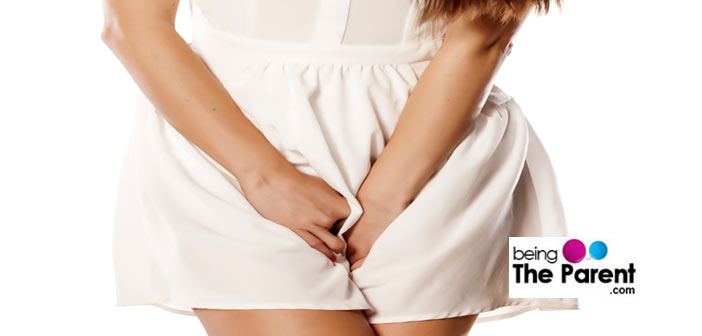
What Causes Cystitis In Pregnancy?
There are three main causes: bacterial infection, irritation due to friction (e.g. honeymoon cystitis) and chemical irritation (e.g. due to excessive urine acidity or to bath additives). Cystitis and kidney infections are more common in women generally as their urethra is much shorter. As many as one in two women experience cystitis at some time during their life. This means infection can more easily reach the upper urinary tract. During pregnancy, cystitis becomes more common as a result of altered immunity and the effects of progesterone hormone, which relaxes smooth muscle fibers within the urinary passage so bacteria can pass upwards more easily. Sexual intercourse is another common trigger of cystitis as it can push bacteria into the urethra. Most urinary tract infections are caused by bacteria that usually live in the bowel.
What Are The Symptoms Of Cystitis?
Depending on the severity of infection, symptoms may include:
- burning, stinging or discomfort on passing urine
- having to rush to the loo
- passing frequent, small amounts of urine
- low abdominal pain or backache
- unpleasant smelling, cloudy or blood-stained urine
How Can I Treat Cystitis During Pregnancy?
If you have had cystitis before, and you want to treat it at home, you can find relief in simple remedies. As soon as symptoms of cystitis start, drink a pint (600 ml) of water or weak tea, then drink half a pint (300 ml) every 20 minutes for the next three hours if you can. Passing urine may sting initially but will get better as you continue to empty the bladder. Holding a hot water bag between your thighs may also provide you some relief. Also avoid having sex for some days.
Seek medical advice if:
- symptoms last longer than a day or keep recurring
- your urine is cloudy or stained with blood
- you develop a fever or uncontrollable shakes, which suggest infection of the kidney (pyelonephritis)
Your doctor will prescribe you antibiotics that are safe in pregnancy. However, refrain from opting for OTC products that claim to reduce acidity of urine, like sodium bicarbonate or potassium citrate.
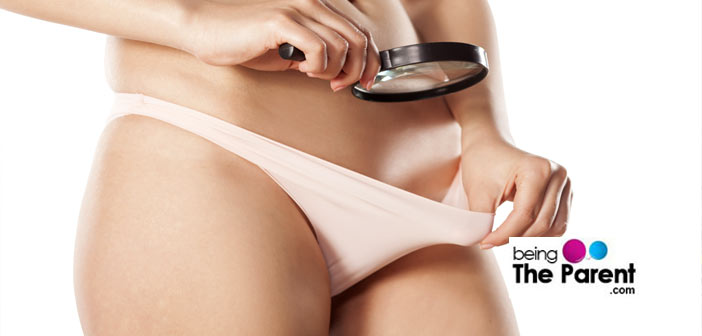
How Can Cystitis Be Prevented?
The simplest thing to do in order to prevent cystitis is to wear cotton underwear and keeping the vaginal area clean. Also avoid tight jeans or trousers.
- Tilt your pelvis up when sitting on the toilet so the back passage is lower than the urethra
- After passing urine, lean forwards to squeeze out the last few drops of urine
- Wipe your bottom only from front to back
- Wash with warm, unscented soapy water after every bowel movement and after making love
- Use only simple toiletries when bathing as sensitivity to some products can cause inflammation of the urethra
- Always drink at least two liters of fluid per day
- Herbalism: drinking 300 ml cranberry juice daily has been shown almost to halve the risk of developing cystitis. Cranberry extracts are now also available in capsule form for convenience. Fennel tea and corn-silk extracts also have a mild diuretic action and are helpful for cystitis. Apply live ‘bio’ yogurt containing Lactobacillus acidophilus to the urethral entrance; these friendly bacteria can help to combat infection
- Homeopathy (take every 30 minutes up to five doses):
- take Cantharis 6c for burning pains when passing water
- take Apis 6c for stinging pains
- take Staphysagria 6c for pain due to mechanical irritation (e.g. honeymoon cystitis)
- Aromatherapy: after the 16th week of pregnancy, add diluted oils of lavender or sandalwood to warm water (ideally in a bidet or wide, shallow bowl) and soak the area for ten minutes twice daily
- Crystal therapy: carry a carnelian with you at all times
- Other complementary therapies that can help include cymatics, reflexology, reiki and healing
Those suffering from recurrent cystitis during pregnancy are usually investigated to rule out gestational diabetes, anemia or anatomical abnormalities of the urinary tract.
Click here to read more about urinary tract infections during pregnancy.

Editorial Team,
With a rich experience in pregnancy and parenting, our team of experts create insightful, well-curated, and easy-to-read content for our to-be-parents and parents at all stages of parenting.Read more.
Responses (0)
Want curated content sharply tailored for your exact stage of parenting?
Related articles

Butterfly Exercise For Pregnancy to Improve Your Health – Is it Safe

Phentermine During Pregnancy – Is it Safe to Take?
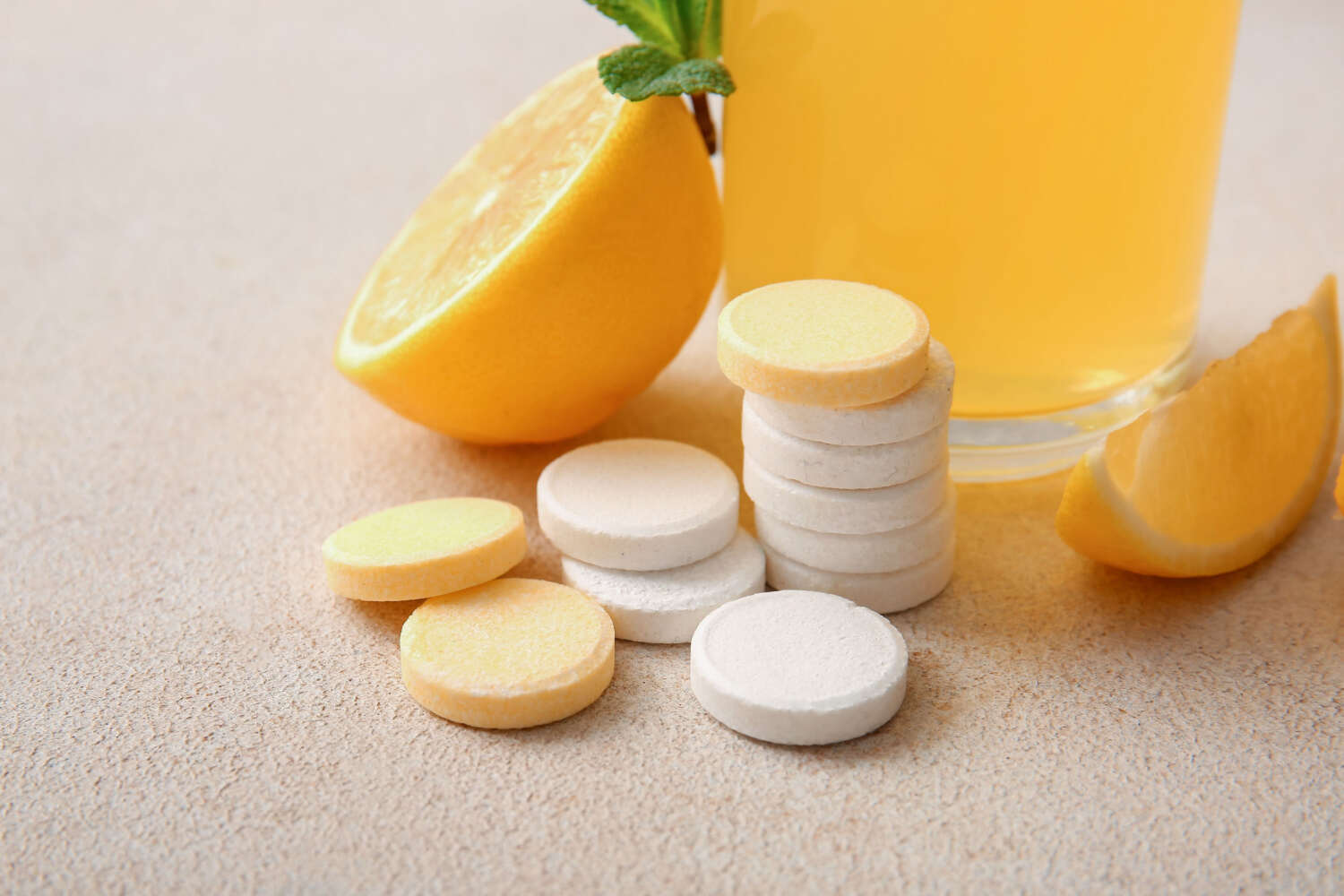
Can Vitamin C Prevent Pregnancy – Everything you Need to Know
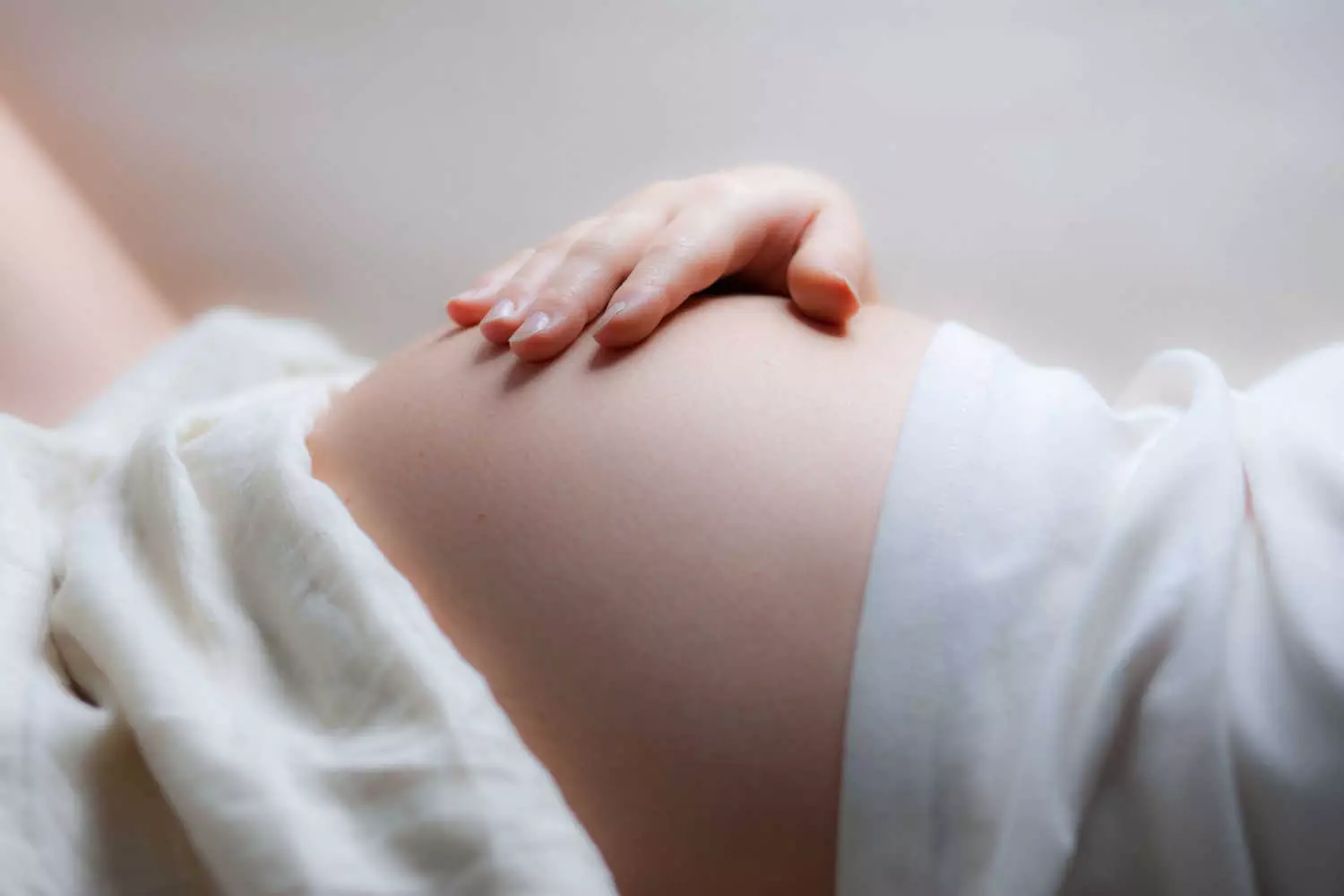
Cervical Lip During Labor – Causes and Tips to Reduce It

Prenatal Massage – It’s Benefits and Safety
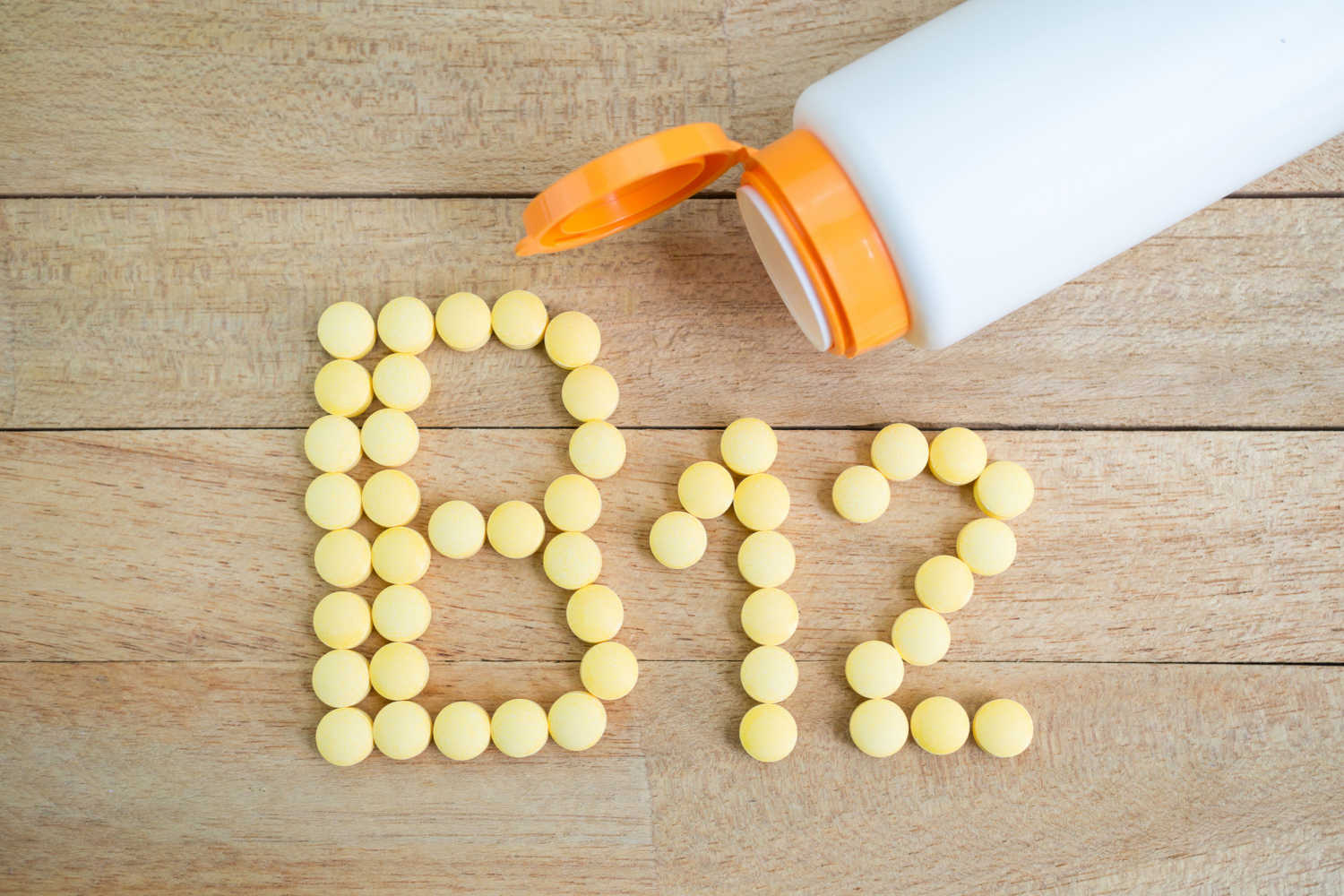
Vitamin B12 During Pregnancy – Importance and Vegetarian Sources
Sponsored content
Discover great local businesses around you for your kids.
Get regular updates, great recommendations and other right stuff at the right time.





